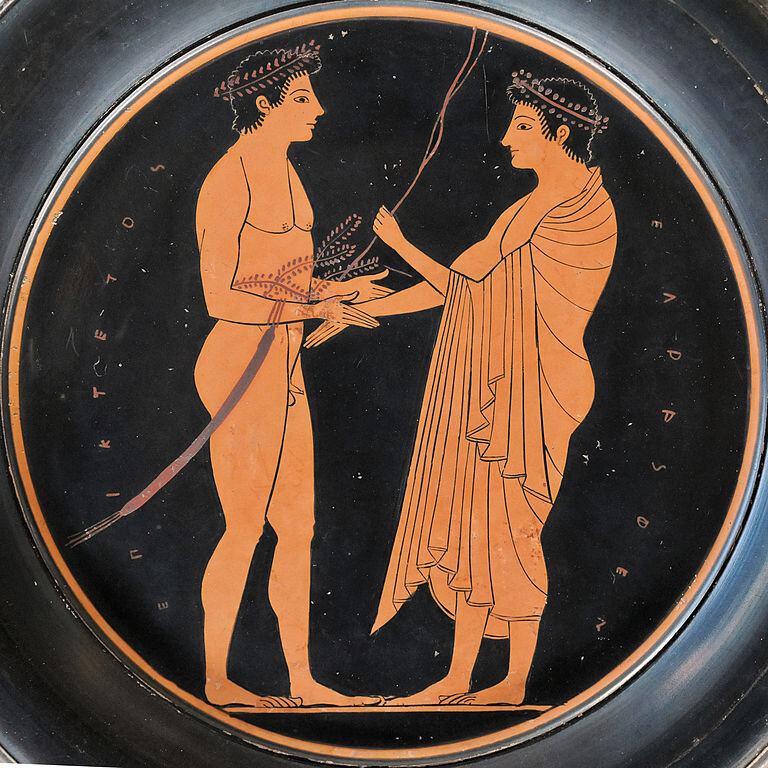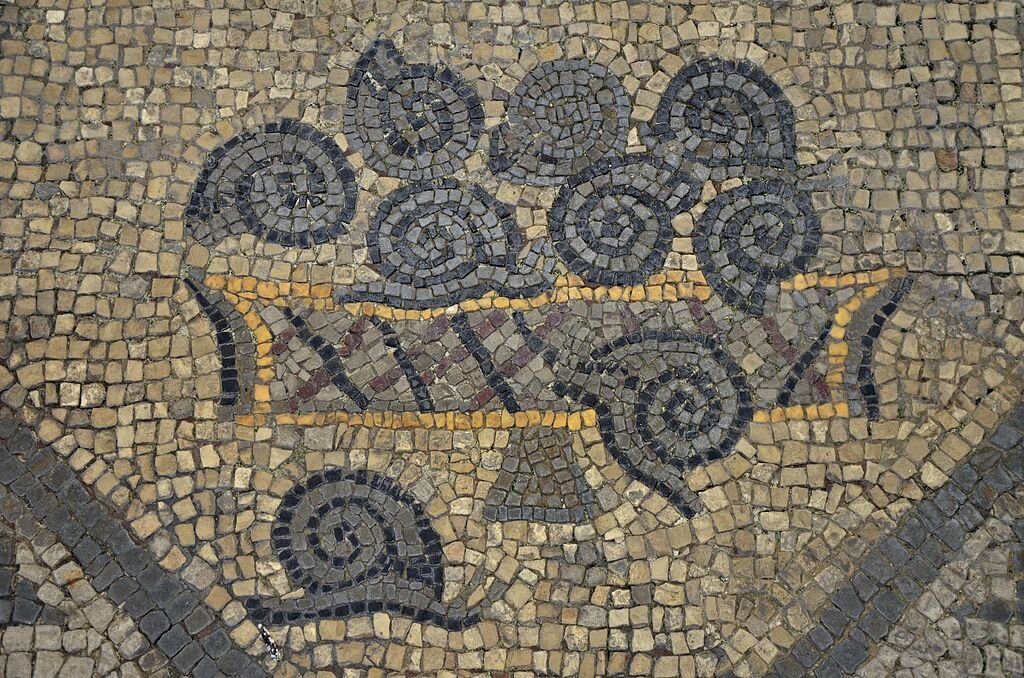Egyptians and people who eat snakes.
“If we didn’t mention them in our discussion of terrestrial animals, we wouldn’t end up saying anything about the nutriment derived from snails at all. But surely it would not be reasonable to leave them out, like we did woodworms or vipers and the other snakes they eat in Egypt and in some other provinces. For none of them will read these things, and we’re never going to eat any of their foods.”
εἰ δὲ μηδ' ἐν τοῖς πεζοῖς αὐτοῦ μνημονεύσαιμεν, οὐδ' ὅλως ἐροῦμέν τι περὶ τῆς ἐκ κοχλίου τροφῆς. οὐ μὴν οὐδὲ παραλιπεῖν εὔλογον, ὥσπερ τοὺς ἐκ τῶν ξύλων σκώληκας ἐχίδνας τε καὶ τοὺς ἄλλους ὄφεις ὅσα τε κατ' Αἴγυπτον καὶ ἄλλα τινὰ τῶν ἐθνῶν ἐσθίουσιν· οὔτε | γὰρ ἐκείνων τις ἀναγνώσεται ταῦτα, καὶ ἡμεῖς οὐκ ἄν ποτε φάγοιμέν τι τῶν ἐκείνοις ἐδωδίμων.
Galen, On the properties of foods 3.2, 6.668 K = 337,13–18 Helmreich
Germans and other barbarians.
“Among the Germans, children are not raised well, but we’re not really writing this for Germans or any other wildlings or barbarians, any more than we are for bears or lions or boars or whatever other savage beasts; rather, we are writing this for Greeks and all those who were born barbarian by race but strive to emulate the Greek way of life.”
παρὰ μέν γε τοῖς Γερμανοῖς οὐ καλῶς τρέφεται τὰ παιδία. ἀλλ' ἡμεῖς γε νῦν οὔτε Γερμανοῖς οὔτε ἄλλοις τισὶν ἀγρίοις ἢ βαρβάροις ἀνθρώποις ταῦτα γράφομεν, οὐ μᾶλλον ἢ ἄρκτοις ἢ λέουσιν ἢ κάπροις ἤ τισι τῶν ἄλλων θηρίων, ἀλλ' Ἕλλησι καὶ ὅσοι τῷ γένει μὲν ἔφυσαν βάρβαροι, ζηλοῦσι δὲ τὰ τῶν Ἑλλήνων ἐπιτηδεύματα.
Galen, On Matters of Health 1.10.17, 6.52 K = 24,21–25 Koch
Randoms.
“I recommend to the educated—since it’s not going to be randoms who read this—to pay attention to those things by which they are benefitted and harmed, for in this way they will have little need of doctors as long as they stay healthy.”
ὧν τοῖς πεπαιδευμένοις (οὐ γὰρ δὴ οἱ τυχόντες γε ταῦτα ἀναγνώσονται) συμβουλεύω παραφυλάττειν, ὑπὸ τίνων ὠφελοῦνταί τε καὶ βλάπτονται· συμβήσεται γὰρ οὕτως αὐτοῖς εἰς ὀλίγα δεῖσθαι τῶν ἰατρῶν, μέχρις ἂν ὑγιαίνωσιν.
Galen, On Matters of Health 6.14.28, 6.450 K. = 197,14–17 Koch


